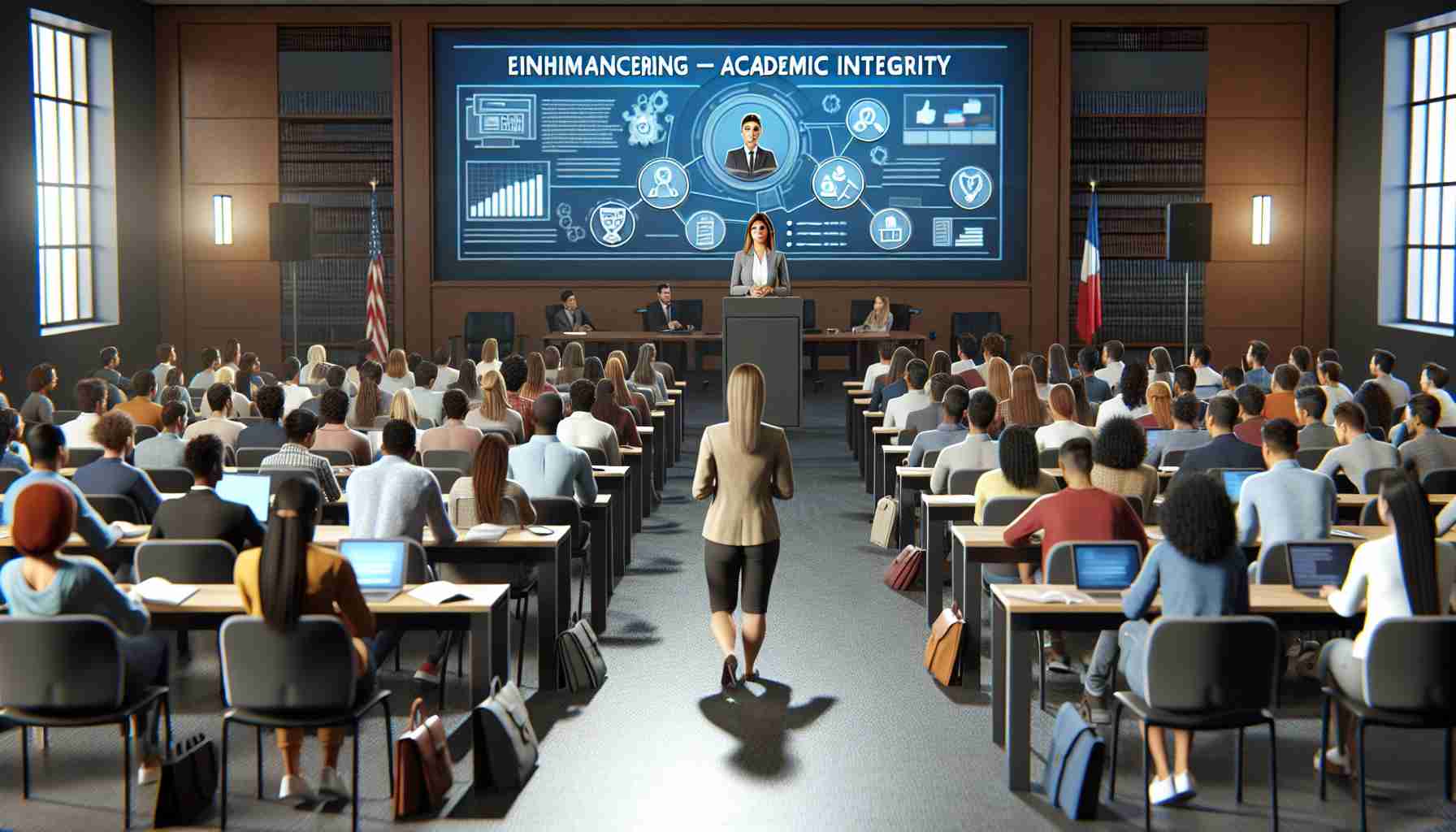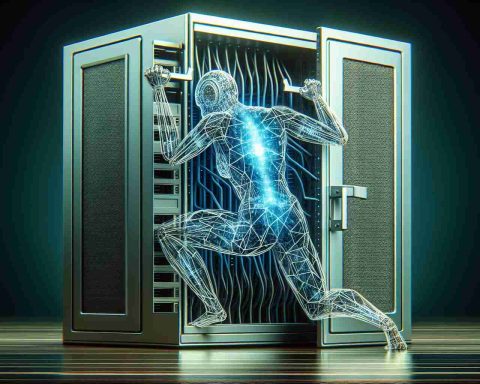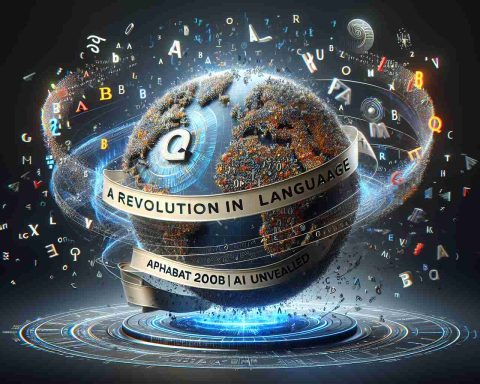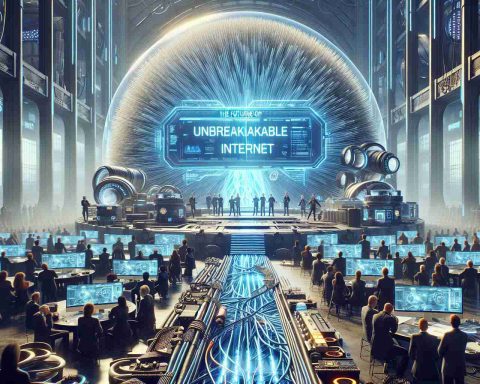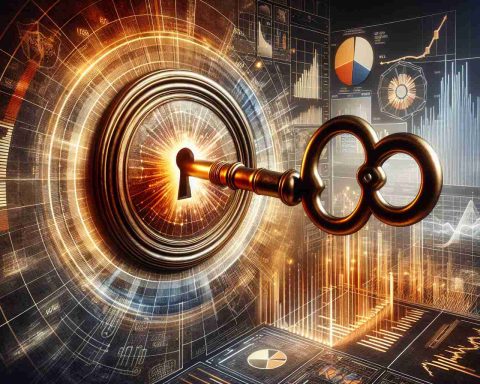Universitatea Ovidius din Constanţa (UOC) has recently conducted a series of virtual seminars focusing on upholding ethical standards and academic integrity in the realm of specific artificial intelligence technologies.
The activities were part of the project “Enhancing the Quality of Teaching Activities at the University “Ovidius” from Constanţa in the field of distance learning (DL) and low-frequency learning (LFL) – DIDACT DL-LFL”.
During these sessions, attended by over 200 students, master’s, and doctoral candidates from the university, guidelines were presented to ensure adherence to ethical and academic integrity standards in research processes involving artificial intelligence tools, aiming to maintain scholarly work within established ethical boundaries.
Looking ahead, the university plans to host additional seminars dedicated to DL-LFL students, focusing on upholding ethical standards and academic integrity while utilizing online synchronous and/or asynchronous communication platforms.
Professor Elena Condrea, the Vice-Rector of Research, Development, Innovation, and ISD Relations at UOC, and the director of the DIDACT DL-LFL project, highlighted the overall objective of enhancing teaching staff and auxiliary staff’s competency to promote educational quality and uphold academic ethics.
Through specific objectives, DIDACT DL-LFL aligns educational practices with contemporary societal needs for innovation, digitization, flexibility, and mobility, facilitating access to pertinent information for academic quality and integrity promotion.
Building upon prior initiatives, the DIDACT DL-LFL project represents a significant step towards fostering the quality and integrity of teaching and research activities at UOC, supported by funding of 395,000 lei from the Institutional Development Fund under the Ministry of Education’s budget.
Exploring Academic Integrity Seminars for Enhanced Educational Quality
Amidst the landscape of academic institutions worldwide, the focus on upholding ethical standards and academic integrity remains paramount. While previous discussions have centered on the initiatives taken by Universitatea Ovidius din Constanţa (UOC) to enhance educational quality through academic integrity seminars within specific AI technologies, several additional aspects play a crucial role in this domain.
What are the key questions that arise regarding academic integrity seminars, and how are they addressed?
One key question that often arises is how academic integrity seminars can effectively impact the behavior and mindset of students and faculty towards ethical practices in research and learning environments. The answer lies in the interactive nature of these seminars, where practical scenarios, case studies, and discussions are incorporated to illustrate the importance of academic honesty and ethical conduct.
What are the key challenges or controversies associated with implementing academic integrity seminars?
One significant challenge is ensuring the long-term effectiveness of such seminars beyond the initial engagement. Maintenance of awareness and commitment to academic integrity principles among participants post-seminar poses a continuous challenge. Controversies may also arise regarding the extent to which academic integrity seminars can truly prevent unethical behaviors in academic settings.
What are the advantages and disadvantages of hosting academic integrity seminars?
The advantages of hosting such seminars include fostering a culture of honesty and integrity within the academic community, promoting critical thinking and ethical decision-making skills, and enhancing the overall quality of education. On the flip side, potential disadvantages may include participation barriers for students or faculty, time constraints on organizing comprehensive seminars, and the need for continuous evaluation of impact and outcomes.
For further insights on academic integrity and educational quality enhancement through seminars, you can explore relevant resources on UNESCO, a renowned organization dedicated to promoting education and ethical standards worldwide.
In conclusion, academic integrity seminars serve as pivotal platforms for instilling ethical values, promoting integrity, and enhancing the quality of education in academic settings. By addressing key questions, challenges, and exploring both advantages and disadvantages, institutions can aim to create a conducive environment for scholarly growth and knowledge dissemination.
